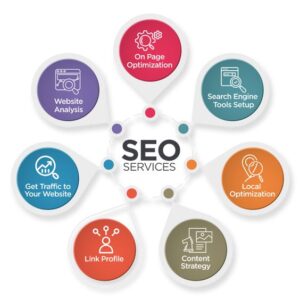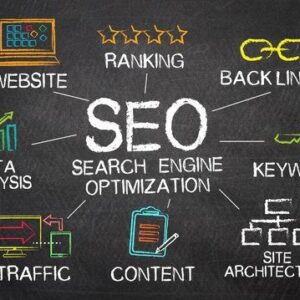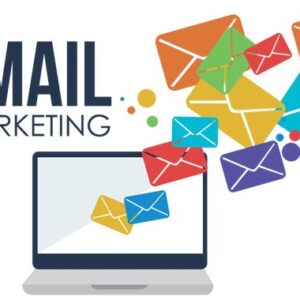The first part of any on-page SEO is attempting to figure out what part of the web you want to reach or which audience, then deciding which keywords you can use with page SEO to bring these highly targeted visitors to you. It is not enough in this day and age to figure out the keywords that describe your products or services in the best it has to a case of looking at your site in a more specific way. If you are targeting a highly competitive niche this will become far more apparent as you will have thousands of companies targeting the first page of Google for very generic keyword phrases such as “search engine optimization.
On-Page SEO
Luckily searchers are becoming more search savvy and are beginning to search on specific terms rather than generic ones. For example, you may struggle to hit the first page for “search engine optimization” but will have a better chance of hitting the first page for the keyword “search engine optimization services in London”?
Dealing with Page SEO
As a rule, you should try and have a good mixture of generic and specific keywords when dealing with page SEO, however, the searchers coming from specific keywords will most likely turn into buyers so don’t ignore long-tail keywords simply because you will only get 100 or so visits per month.
As I have said in previous tutorials you should optimize each page with one strategic keyword. For instance, even though the main keywords of your site may be “wedding photography” or photography” you will want to have pages targeting “cheap photography London” or “wedding photographer in Leeds”. Every page optimized with one specific keyword will boost your results.
The above example is known as local keyword targeting but another form of page SEO is known as product targeting, this is highly effective if you are running an online store or affiliate site as you can target each page to a separate product. For instance, you may sell office desks and that would maybe be one of your generic keywords but you could create pages for “glass computer desks” or “fitted computer cabinets “. Each page is targeted at a different keyword or phrase.
Search Engine Optimisation Marketing – Basics Of On Page Seo
Once you have your product and service set up and your keywords in place the next step to search engine optimization marketing is to implement on-page SEO. Maybe you have heard over recent years that on-page SEO factors have lost a lot of weight with regard to their influence over result rankings. It is a common conception now that off-page SEO is far more vital to your campaign and that having directory links, good link popularity and a keyword theme is all you need to climb to the top. I agree with this to some extent but I am far from the opinion that on-page optimization is dead.
Use The keywords in your Domain name
Recent research has shown that on-page optimization still holds around 45% weight when Google makes its ranking decision. Research has not been carried out into other search engines but Google has a reputation for being the most off-page focused spider engine. Over the next week or so I am going to be focusing on search engine optimization marketing from an on-page aspect and want to give you a very brief outline of what creates page SEO success.
Creates Page SEO Success
Make easy-to-read simple pages that adhere to all HTML standards by using simple spider-friendly coding. Ensure the link structure of your site is in good condition with no broken links. Use lots of textual content and create many pages using the keywords you have decided on and covering many topics of your overall theme. Use your keywords in your domain name, URLs, titles, headings, and link text. Use keywords all over your body text and their synonyms. Concentrate on the beginning and end of the page and bold one or two for added effect. (Don’t overuse phrases, keep your content natural and flowing)Keep all your pages up to date and filled with quality content.
The Most Important Parts of Your Page
The most important parts of your page to focus on are the Page URL, title, meta tags, headings, link text, and alt attributes. I will cover the above in much more detail over the coming weeks as I delve deeper into search engine optimization marketing and techniques. Be sure to subscribe to my feed in order not to miss anything.






